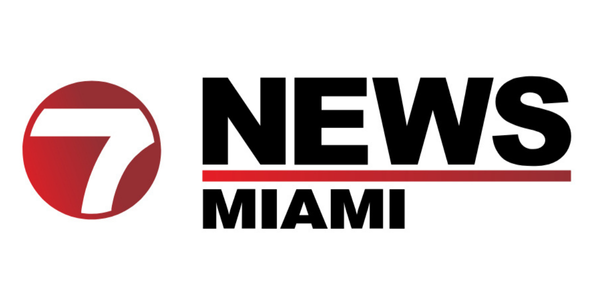- Free Consultation: 305-638-4143 Tap Here to Call Us
FSU Student Sexually Assaulted in Dorm Stairwell: Legal and Safety Questions Raised
A deeply troubling incident at Florida State University (FSU) has raised new concerns about campus security and student safety. According to arrest documents, 27-year-old Treon Patrick Jr. was arrested and charged with sexual battery and burglary with assault or battery after allegedly following a 17-year-old student into her dormitory and attacking her in a stairwell.
The incident occurred on June 29, 2025, at Magnolia Hall, one of FSU’s residence halls. Investigators say the student and her friends returned from CollegeTown, a popular nightlife area near campus, when Patrick slipped into the dormitory behind the group as the door was closing — a practice commonly referred to as “tailgating.”
After entering the building, Patrick allegedly knocked on the student’s door, pretending to be lost and in need of help. When she attempted to guide him toward the exit, investigators say the assault occurred in a stairwell.
Police arrested Patrick on July 23, and he remains held at the Leon County Jail without bond.
The case raises difficult questions about whether security protocols at Magnolia Hall were sufficient to prevent unauthorized individuals from entering.
Florida law recognizes premises liability and negligent security claims when a property owner fails to implement reasonable safety measures and that failure leads to a preventable crime. For universities and student housing facilities, these obligations can include:
- Maintaining functioning access control systems (e.g., key-card locks or secure entry points).
- Ensuring surveillance cameras are properly monitored.
- Employing trained security personnel to patrol residence halls.
- Implementing and enforcing policies to reduce tailgating and unauthorized entry.
If it is determined that gaps in FSU’s safety measures enabled the assailant to gain access, the university could face potential legal exposure under Florida’s negligent security laws.
Legal Options for Victims of Campus Assault
Victims of sexual assault have both criminal and civil avenues available:
- Criminal Case: Prosecutors pursue charges against the alleged offender, as in this case with Patrick.
- Civil Claim: Victims may bring a civil lawsuit against the property owner (such as a university or dorm operator) if inadequate security contributed to the crime.
Civil damages may include compensation for:
- Medical care and counseling
- Emotional distress and trauma
- Pain and suffering
- Loss of enjoyment of life
- Punitive damages in cases of gross negligence
Colleges and universities have a heightened duty of care toward their students — particularly those living in on-campus housing. Dormitories should be secure environments with strict access controls. Unfortunately, when security measures fail, students may face devastating consequences.
This case highlights the importance of proper dorm security, staff training, and accountability. It also underscores the legal rights of victims and families to seek justice through the civil courts when negligence plays a role in such tragedies.
If you or someone you love has been the victim of sexual assault in a dormitory, apartment complex, or other residential setting, you may have legal options beyond the criminal justice system. Contact Flanagan & Bodenheimer Injury & Wrongful Death Law Firm at 305-638-4143 for a confidential, compassionate consultation. We are committed to fighting for survivors and holding negligent institutions accountable.












